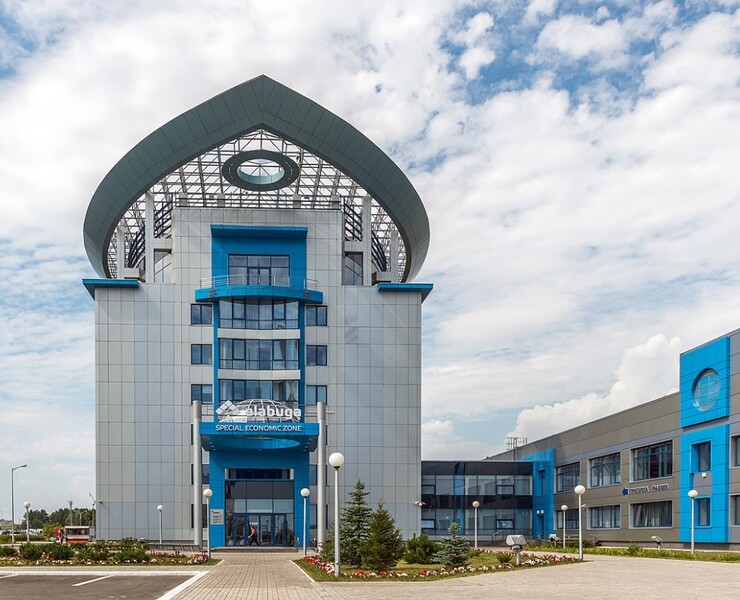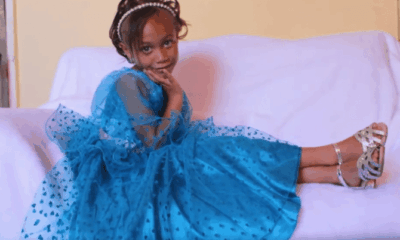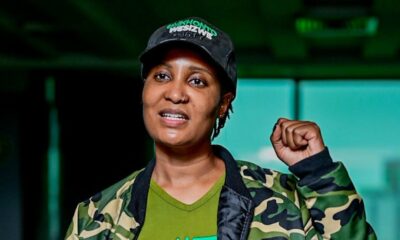News
Influencers Speak Out Amid Alabuga Human Trafficking Allegations

Facing the Storm
What started as a professional campaign has turned into a social media firestorm for South African influencers Zille, Seemah, and Monaka. Earlier this year, they were invited by agencies to promote the Alabuga work program in Russia, aimed at women aged 18 to 22 for hospitality and other roles.
This week, the controversy exploded online, with some accusing the program of being linked to human trafficking. In response, MacG hosted a special edition of his podcast, giving the influencers a platform to share their side of the story.
A Different Perspective
According to the influencers, their experiences in Russia were safe, professional, and transparent. Monaka and Seemah described participants as being treated well, living in proper accommodations, and learning practical skills such as the Russian language. They stressed that at no point did they witness any signs of exploitation or trafficking.
Zille, one of the campaign’s primary faces, admitted he wished he had conducted more research before joining the campaign. “There’s no money in the world worth me being involved in such things,” he said, promising to donate any earnings from the campaign to NGOs fighting human trafficking.
Agency Response
Siya Sabamu from SW Marketing, the agency that coordinated the initiative, emphasized that extensive due diligence had been undertaken. The agency verified registration certificates, contacted previous participants, and reviewed the program’s infrastructure to ensure safety and legitimacy.
Despite these efforts, social media backlash has been fierce. Influencers report that the allegations have caused emotional stress and reputational damage. Monaka remarked, “No matter what we do, they will always associate us like that,” highlighting the lingering stigma of the accusations.
A Broader Conversation
The Alabuga controversy has sparked wider debates about the responsibility of influencers when promoting international programs. South Africans have taken to platforms like Twitter and Instagram to demand greater transparency and accountability from both agencies and the influencers they hire.
While the influencers maintain that their experiences were legitimate and positive, critics continue to question the program’s operations, demonstrating how quickly public perception can sway in the age of social media.
For Zille, Seemah, and Monaka, the ordeal is a reminder of the high stakes of influencer marketing, especially when campaigns intersect with sensitive issues like human trafficking.
{Source: IOL}
Follow Joburg ETC on Facebook, Twitter , TikTok and Instagram
For more News in Johannesburg, visit joburgetc.com



























